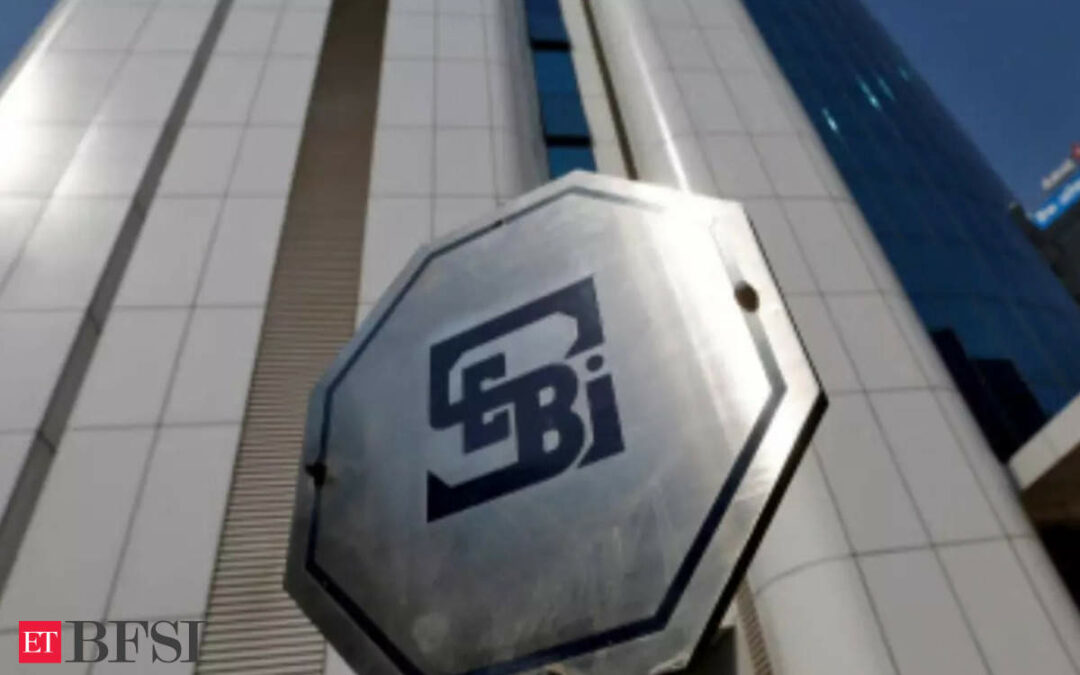Mumbai: Defaulting promoters cannot misuse ‘special situation funds’ to surreptitiously buy into their companies to retain control. Market regulator Securities and Exchange Board of India (Sebi) on Tuesday proposed that if the investment in the special situation fund (SSF) is by a defaulter, then the fund should not invest in a company where the investor is also a promoter or a shareholder.
This was proposed by Sebi in a consultation paper on changes in the regulatory framework for special situation funds (SSF).
SSF are funds that acquire distressed loans and Sebi classifies them as subcategory of alternate investment funds.
Sebi stated: “The AIF regulations specify that SSFs shall not invest in or acquire a special situation asset if any of its investors is disqualified in terms of Section 29A of IBC (Insolvency and Bankruptcy Code) in relation to such special situation asset.”
Section 29A of IBC bars defaulting promoters or their relatives from acquiring their own company or any other company unless they repay their entire unpaid debt. The Sebi’s move is to prevent defaulting promoters from regaining control over their companies by acquiring assets at a steep discount from banks using the AIF route, said a senior bank official.
The market regulator is also aiming to tighter control over the operations of SSF and have thus suggested that SSF share data and be monitored by them and the Reserve Bank of India (RBI). Data-sharing would include information on investors, manager/sponsors, assets invested and financing. “Suitable enabling clauses to enable the RBI to call information directly from SSFs, if required, may also be incorporated,” it said.
SSFs shall submit information to a trade reporting platform notified by Reserve Bank of India.










